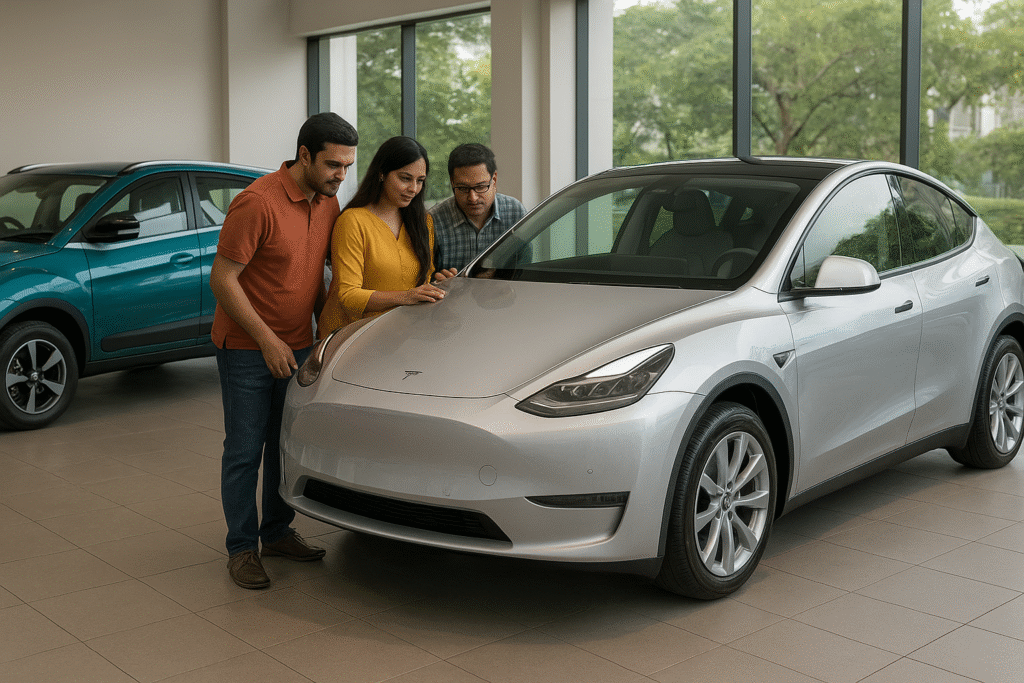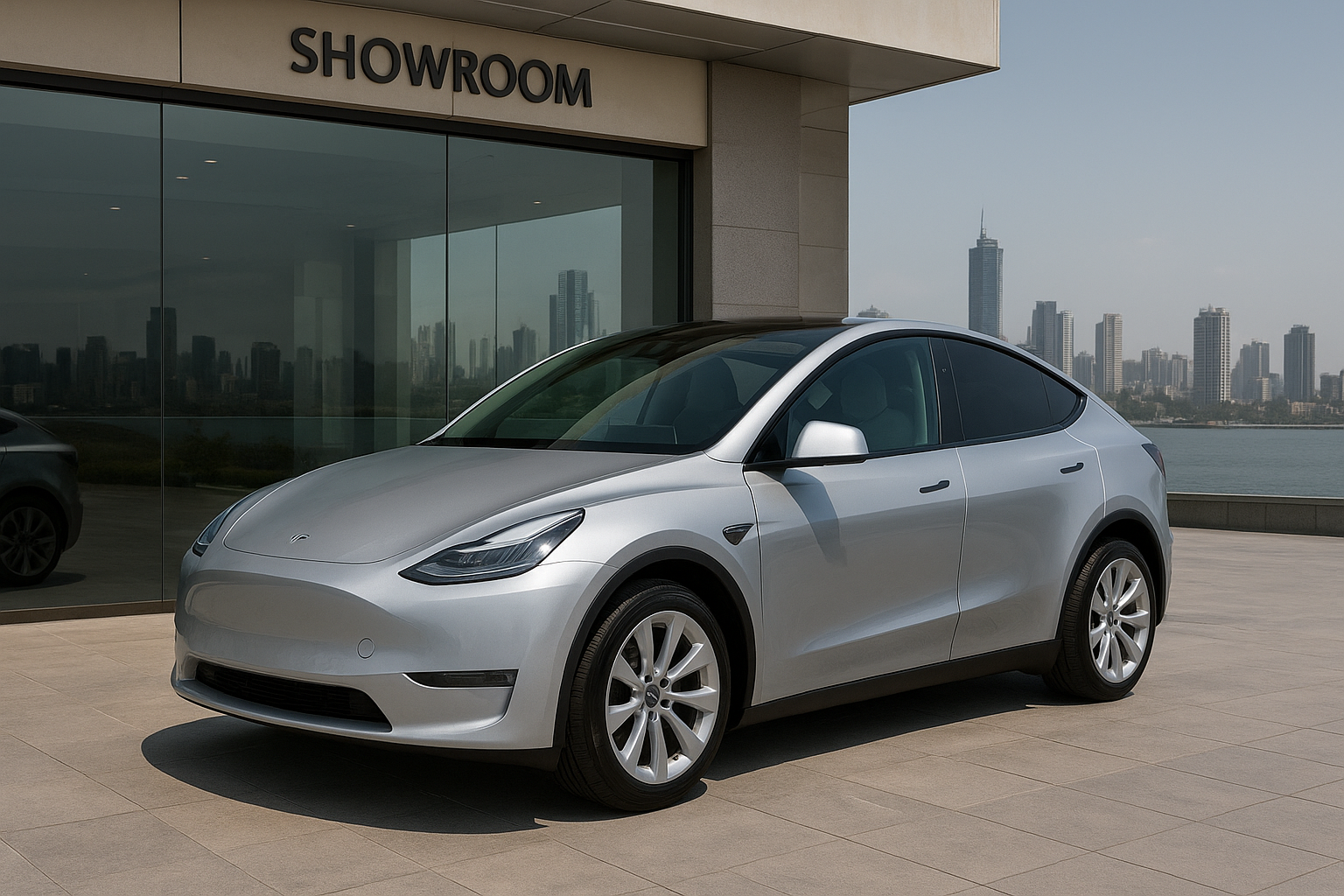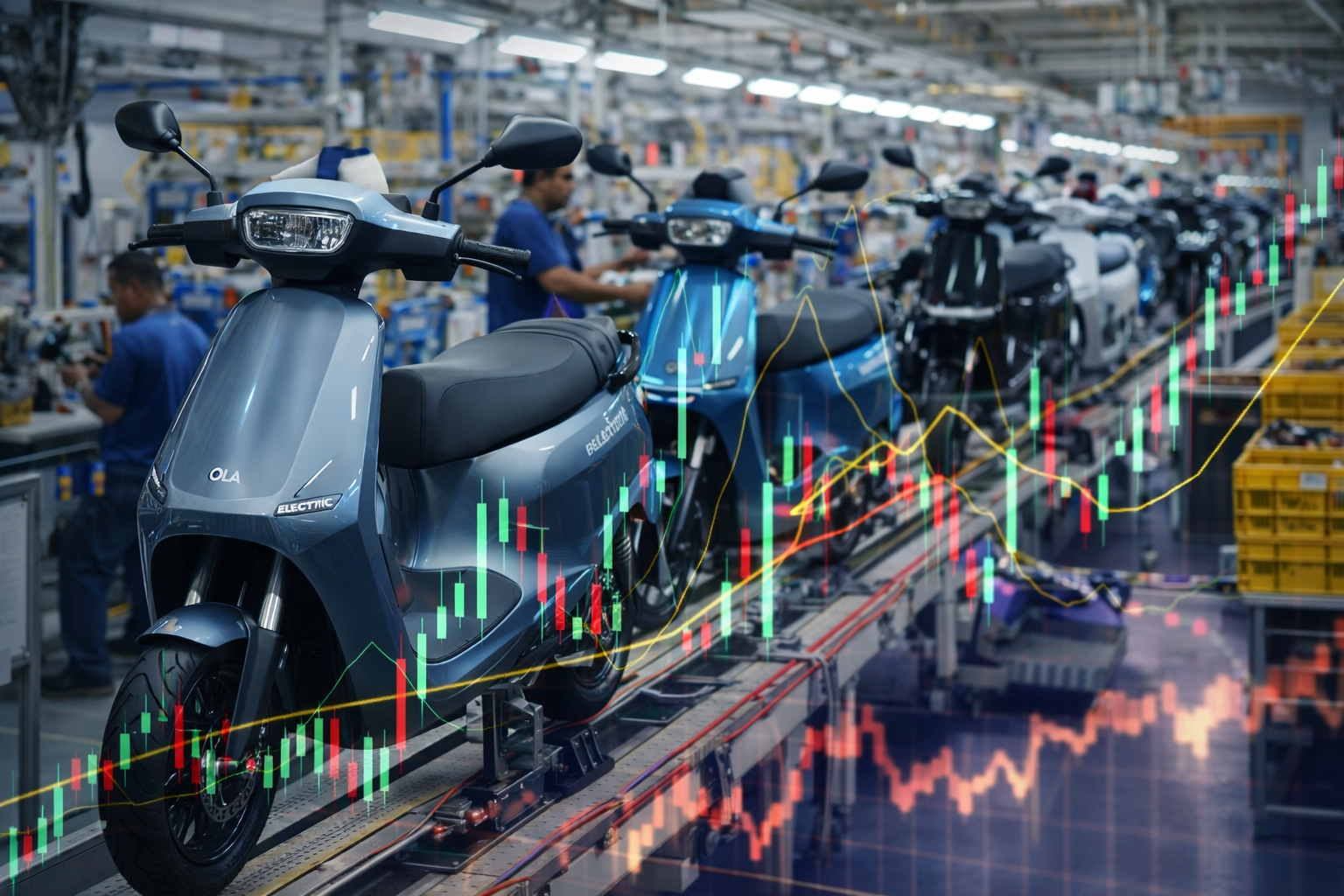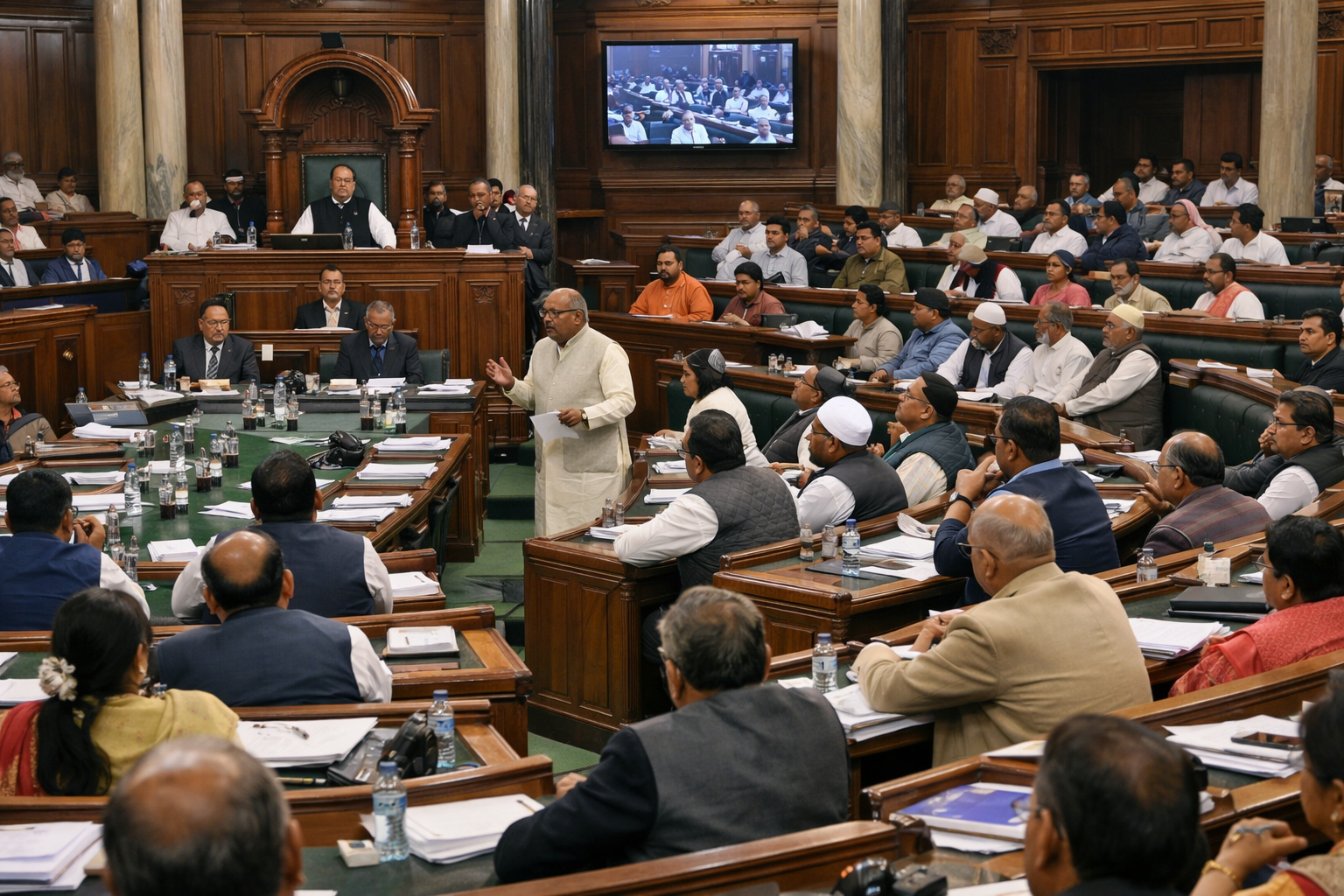Intro
When Tesla finally drove into India with the Model Y this July, many expected a flood of orders. Instead, the response has been lukewarm barely 600 bookings so far. For a brand that sells thousands daily worldwide, the numbers are a reality check about India’s price-sensitive market.
A Sluggish Start for Tesla in India
Globally, the Model Y is Tesla’s best-seller. But in India, the SUV hasn’t struck the same chord. Sources suggest Tesla is scaling down shipments to just 350–500 cars this year, a sharp cut from its earlier target of 2,500. Deliveries will be limited to metro cities like Mumbai, Delhi, Pune, and Gurugram markets with higher luxury EV demand.
Price Shock and Import Duties
One big reason for the slow uptake is cost. The rear-wheel-drive Model Y starts at about ₹60 lakh, while the all-wheel-drive variant goes for around ₹68 lakh. In the US, the same car is nearly half that price. Why the difference? India’s steep import duties ranging up to 110% make Tesla far less affordable than local EVs.

The Competition is Ahead
Tesla isn’t entering an empty field. Indian buyers already have options like Tata Motors’ Nexon EV, which dominates with more than 60% market share. MG and BYD have also built strong customer bases with relatively affordable EVs. BYD alone has sold over 1,200 cars during the same period Tesla managed just 600 bookings.
What Industry Voices Say
Analysts point out that Tesla’s brand appeal is strong, but India is not a “badge value only” market. “Price and practicality decide buying behavior here,” said one auto industry expert. “Unless Tesla manufactures locally or gets duty cuts, sales will remain niche.”
Why It Matters
India is projected to become one of the largest EV markets in Asia. If Tesla cannot crack this space, it risks ceding ground to rivals who understand local consumer expectations better. For Indian buyers, affordability and charging infrastructure matter as much as brand prestige.
The Road Ahead
Tesla does have options. The government’s EV policy offers reduced tariffs for companies willing to set up local manufacturing and source at least half their parts in India. If Tesla takes that route, the Model Y or future models could be priced more competitively. Until then, its presence in India may remain limited to a luxury niche.
Closing Line
Tesla’s slow start shows that India won’t be won by name alone. To succeed here, even global giants must play by local rules.



